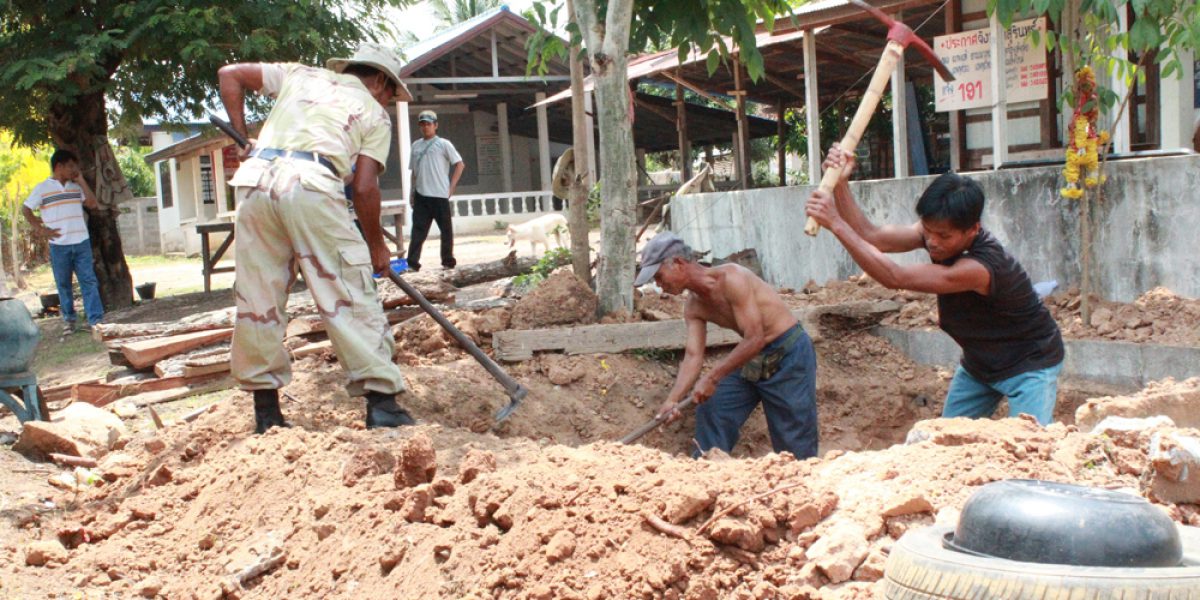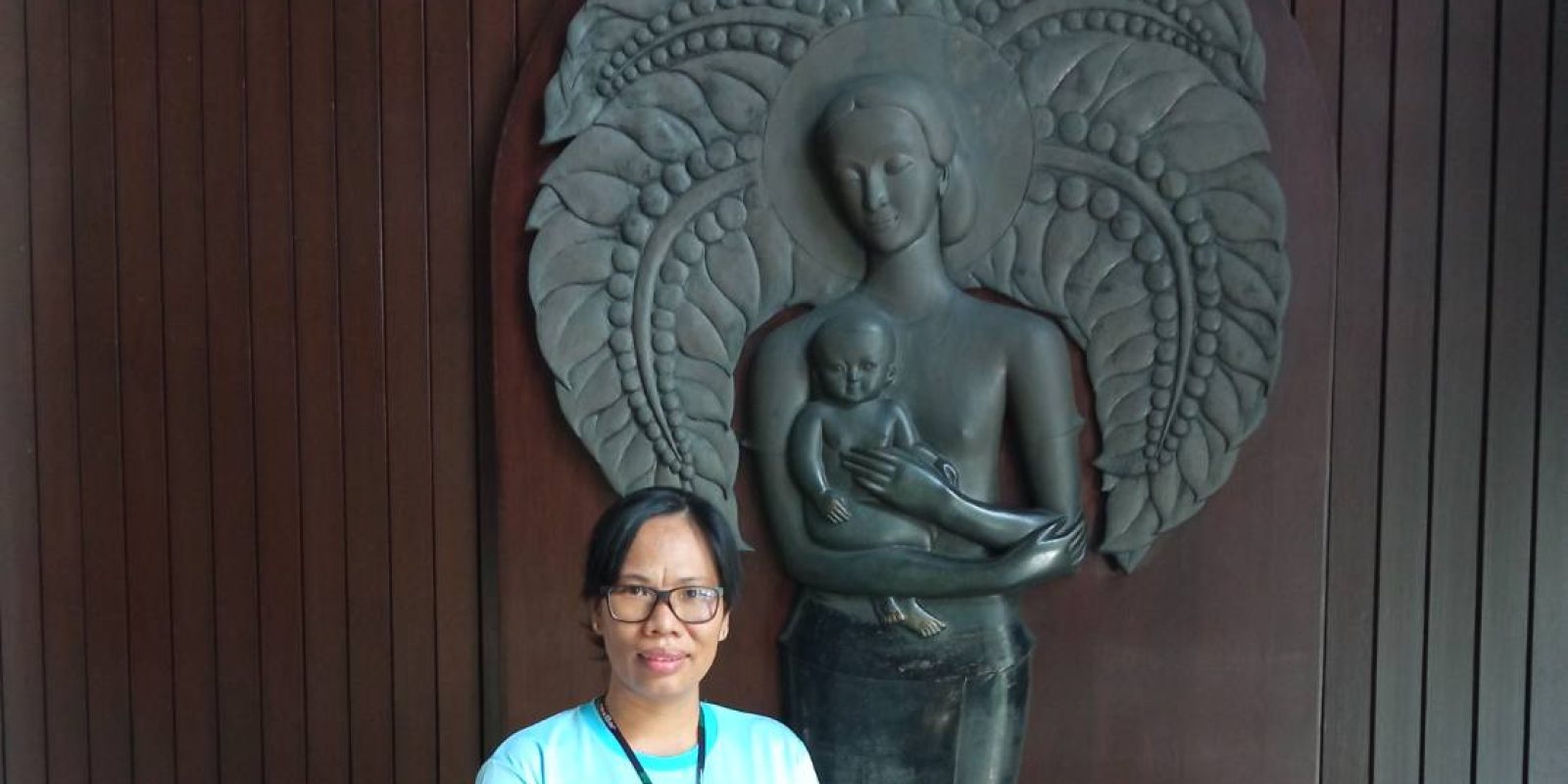Asia Pacific: ceasefire agreement ends fighting on Thai-Cambodian border
29 April 2011

Rome, 29 April 2011 – Following intense negotiations between the Cambodian and Thai authorities, a ceasefire agreement has finally been reached, putting an end to week-long fighting on the disputed border.
The dispute concerns the territory surrounding two temples, called Ta Kwai and Ta Muen in Thai and Ta Krabey and Ta Moan in Cambodian, which has never been formally demarcated. As sovereignty has never been officially clarified, ongoing disputes between the two nations have frequently turned violent.
According to Thai government sources, border checkpoints will be reopened and villagers will start to return home. Both countries have blamed each other for sparking the violence around the contested temples – the bloodiest fighting between the two neighbours in decades – which has displaced around 75,000 civilians, and led to the death of a further 15.
The conflict is believed to have broken out on 22 April approximately 150km west of Preah Vihear temple. Within the week, sporadic outbreaks of fighting had led to injuries, deaths and displacement, as well as the destruction of schools, homes and villages.
Displaced receive assistance
JRS Cambodia staff visited four sites in the provinces of Oddar Meanchey, Banteay Meanchey and Preah Vihear, and called on both governments to allow in independent observers to monitor the situation. Newspaper reports put the number of displaced in Cambodia at 30,000 for whom the authorities quickly established camps and services to meet their immediate needs.
According to Stéphane De Greef of the Landmine and Cluster Munition Monitor, the displaced were doing fine, scared but in receipt of food and water.
There was much ambiguity surrounding the outbreak of violence and the reason for its continuation. While the Thai Prime Minister, Abhisit Vejjajiva, claimed Cambodia had not stopped its attacks, Cambodian authorities blame the Thais for the ongoing violence in the region.
JRS team members went to investigate possible use of cluster munitions, but found no evidence. This was very different to the battles in February 2011, in which Thai authorities were accused of using cluster bombs, the first ever used since the 2008 Convention on Cluster Munitions entered into force and became binding international law.


